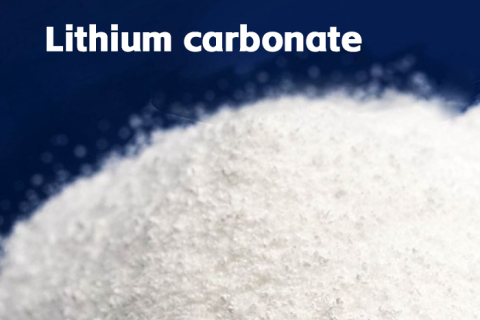
- Home
- >
News
For manufacturers of dry mix mortar, rapid-setting materials, and specialty cement products, Lithium Carbonate has become an important construction chemical additive.
Hydroxypropyl Methyl Cellulose (HPMC) is a widely used cellulose ether in the construction industry. It plays a vital role in improving workability, water retention, and consistency of cement-based and gypsum-based materials. As a key HPMC for construction, it is commonly applied in tile adhesive, dry mix mortar, wall putty, plastering mortar, and self-leveling systems.
RDP Redispersible Polymer Powder is a key functional additive widely used in modern dry mix mortar systems. It significantly improves adhesion, flexibility, and durability of cement-based materials. In applications such as tile adhesive, wall putty, plaster mortar, and repair mortar, redispersible polymer powder for construction plays a critical role in enhancing overall performance and long-term reliability.
Polycarboxylate Superplasticizer Powder is widely used as a high-performance admixture in modern construction materials. In particular, PCE Powder for Self Leveling Mortar plays a key role in achieving excellent flowability, smooth surface finish, and high mechanical strength. For manufacturers of self-leveling systems, selecting a suitable superplasticizer for self leveling cement is essential to balance workability and durability.
In modern construction, tile adhesive and cement-based mortars often dry too quickly, especially in hot or dry environments. This leads to major challenges for contractors and manufacturers:
In modern construction material production, lithium carbonate is often introduced as a performance-enhancing component, helping manufacturers meet higher requirements for durability, stability, and processing efficiency.
Silicone Hydrophobic Powder (SHP) is a highly effective water-repellent additive designed for modern construction materials. It is widely used in dry-mix mortars, plasters, tile adhesives, renders, and cement-based systems where long-term water resistance and durability are required.
Lithium carbonate (Li₂CO₃) accelerates early hardening in cement, enabling rapid construction and durable structures.applications like rapid-setting concrete for construction and lithium-enhanced concrete for infrastructure.
Cement and mortar are vital for durable construction, and additives like Hydroxyethyl Cellulose (HEC), a water-soluble cellulose ether, significantly improve their performance. As a specialized chemical materials provider, we deliver high-quality HEC and support for various construction needs.
In fast-paced construction, concrete set accelerators are vital for rapid project completion. Lithium carbonate excels as a non-chloride concrete accelerator, offering quick setting and high early strength for applications like shotcrete and precast concrete.
In modern construction, cement grouting is a critical technique for structural repair and reinforcement. Polycarboxylate Superplasticizer Powder (PCE), a high-performance additive, is widely used in cement grouting to improve flowability, strength, and durability. This article explores the role, benefits, and applications of PCE in cement grouting.
In the construction industry, cement and mortar are critical for creating durable structures. However, challenges like alkali-silica reaction (ASR) can compromise long-term stability. Lithium Carbonate (Li₂CO₃), a specialized chemical additive, is increasingly used to mitigate ASR and improve the performance of cement and mortar.












